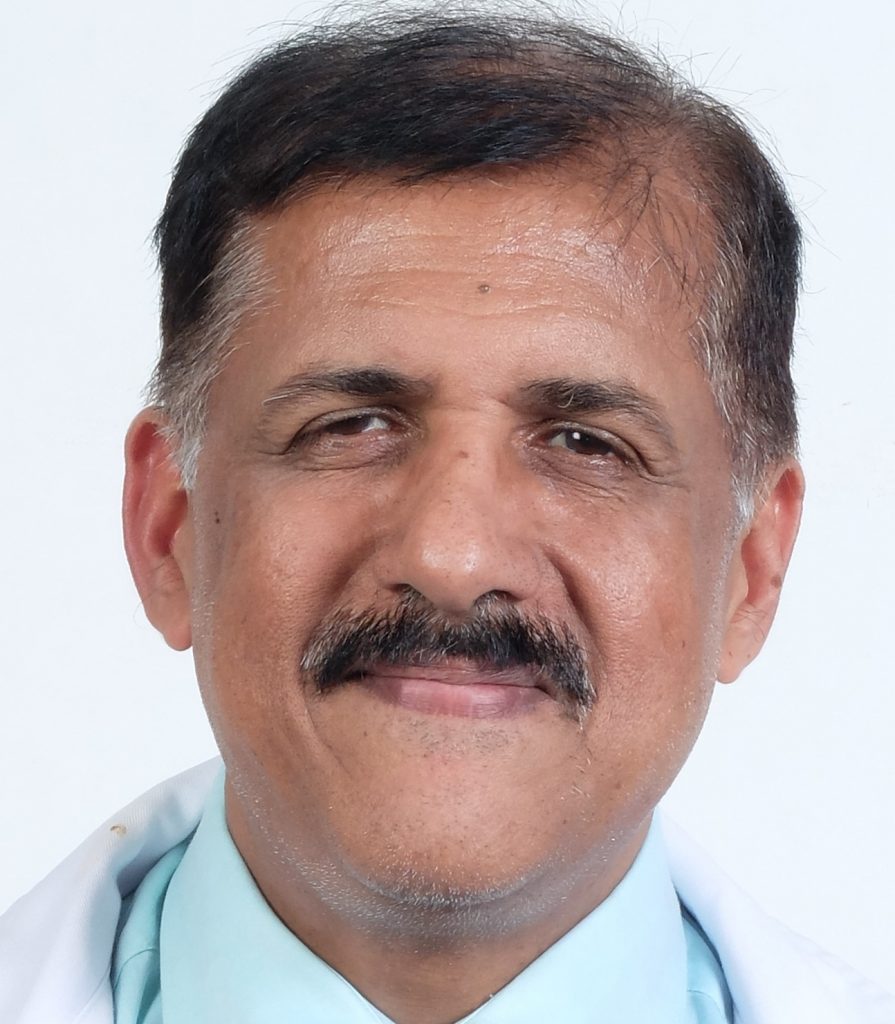Dr Roy Abraham Kallivayalil
Fatherhood was invented by humans during the agricultural revolution about six thousand years ago. Symbolized by the new god-king, it incorporated the mother’s originally superior role in primate families–the control or ownership of children. Researchers have found that fathers who are more involved in child care, particularly during early infancy, undergo more pronounced biological changes than fathers who are less involved—biological changes that can support men in being more compassionate caregivers, developing closer emotional relationships with their children.
Social fathers are father-figures in a child’s life that are not biologically related to the child. They are physically, financially and emotionally engaged in the life of the child. Fatherhood is considered sacred within Hinduism. Profound demographic and socioeconomic transformations in Asia in the second half of the 20th century have significantly affected Asian families. Despite significant variation across Asian countries in the nature and intensity of these changes, major trends can be identified to include an increase of nuclear families, a decline in fertility and mortality rates, delayed marriages, a rise in female education and labour force participation, increased internal and international migration, and globalization. What an Indian father is and what he does was found to be determined not only by praxis, position and personality, but also by the constellation of significant others around him. This feature of dynamic negotiability and constant redefinition of roles and relationships relative to other people is a key characteristic of family relationships and therefore fatherhood in India and Asia.

Dr Roy Abraham Kallivayalil is President, World Association for Dynamic Psychiatry- India Chapter. He is Professor & Head, Department of Psychiatry, Pushpagiri Institute of Medical Sciences, Thiruvalla, Kerala. He is Vice President (Asia Pacific), World Federation for Mental Health, London, Chairman of the World Association for Social Psychiatry Council and Chair WPA Section on Psychiatry, Law and Ethics. He was the Secretary General of the World Psychiatric Association, Geneva (2014-2020), President of World Association for Social Psychiatry (2016-19) and President of Indian Psychiatric Society (2012-13) and President of the Indian Association for Social Psychiatry (2007-08) and 2010-11). He is Honorary Chair and Professor (Magister ad Honorem) at the Milan School of Medicine, Italy and President of the National Alliance for Mental Health, India.
He was Principal (Dean) of Ernakulam Medical College, Kochi, India and Professor and Head of Psychiatry at Thrissur and Kottayam Medical Colleges. He was also Chairman Board of Examiners, Member, Board of Studies and Member, Faculty of Medicine of the Cochin University of Science and Technology and Member of the Senate of Mahatma Gandhi University, India. He is an International Distinguished Fellow of American Psychiatric Association since 2013.
He was awarded the ‘Best Doctor Award’ by Govt of Kerala in 2007, Indian Medical Association Life-time Achievement Award, IMA New Delhi, 2020, Honorary Fellowship of World Psychiatric Association, Geneva, 2020, NN De Oration Award 2021, A Venkoba Rao Oration Award 2022 for eminence in Social Psychiatry and the World Federation of Mental Health (WFMH) Award for meritorious services to the cause of Mental Health in 2017.
He has more than 100 publications in peer reviewed scientific Journals and has edited the books “Suicide Prevention- a handbook for Community Gatekeepers” (2009) and the WASP Textbook of Social Psychiatry, OUP (2023).
